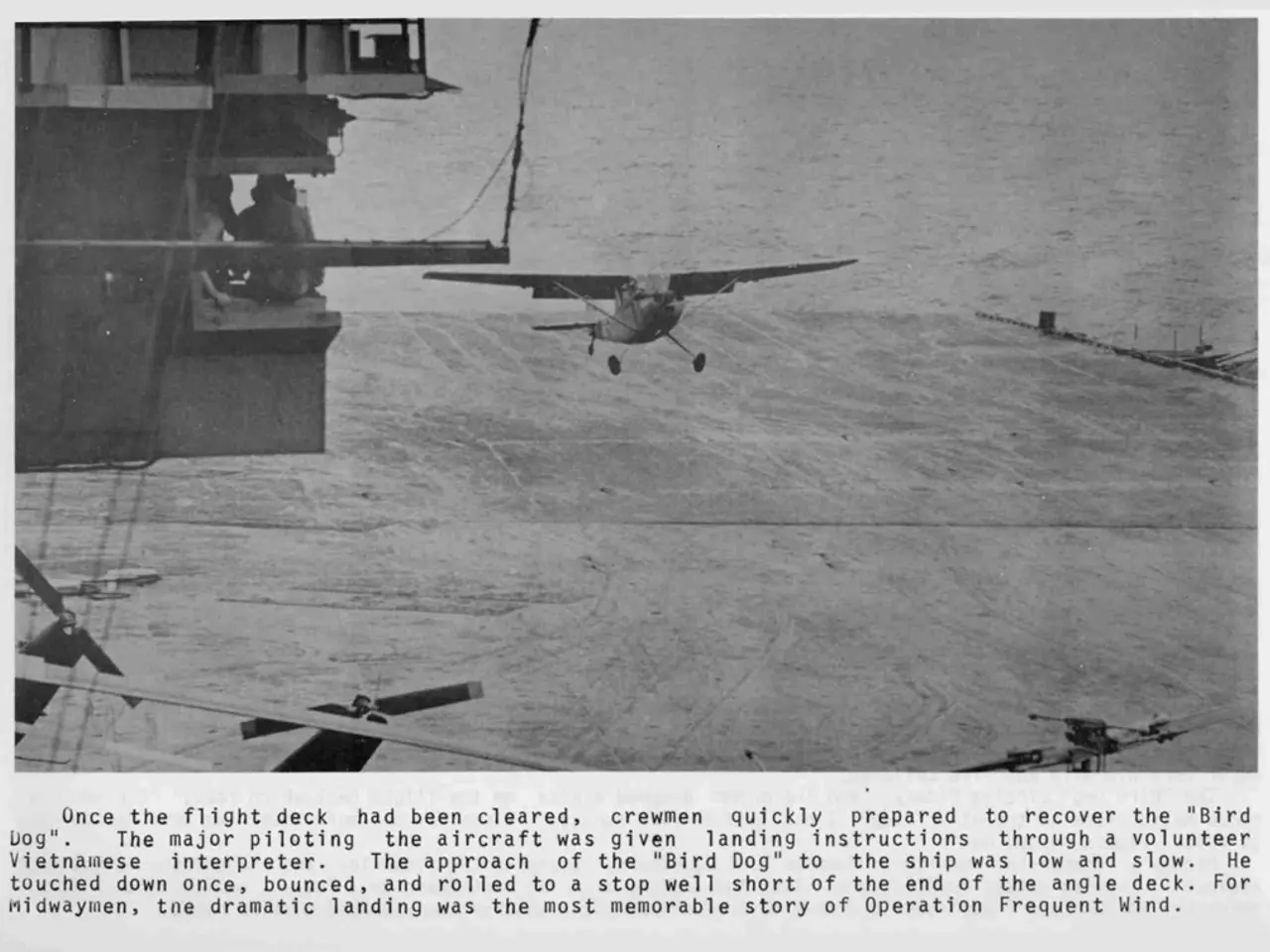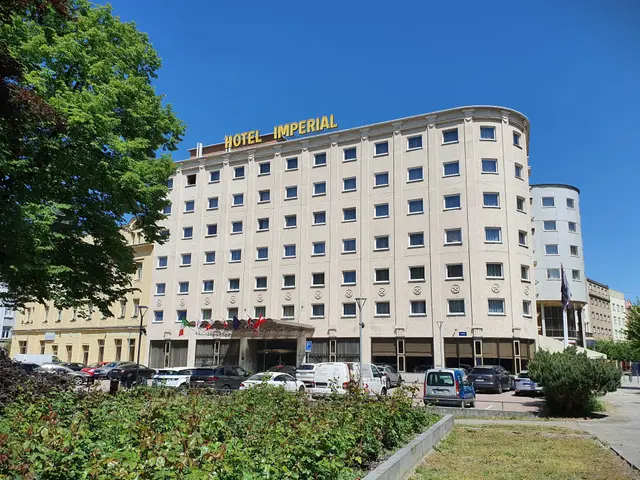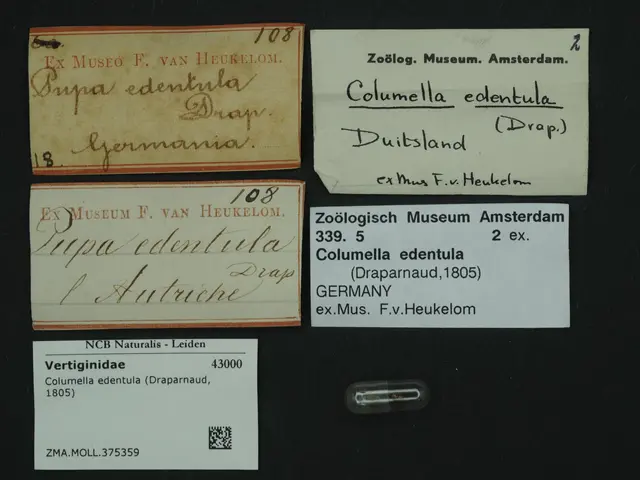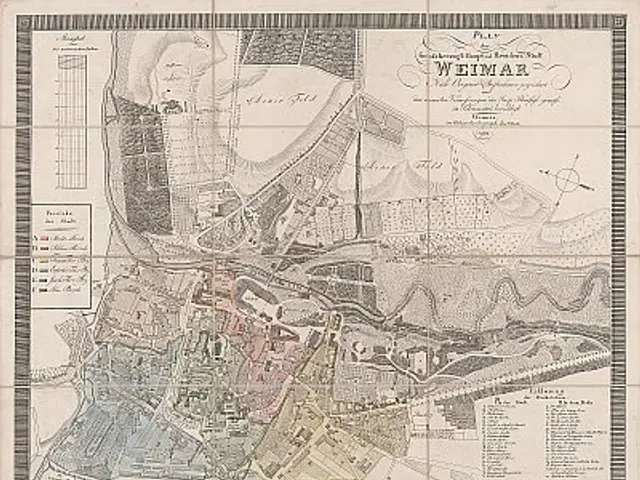IAG is optimistic about the success of integrating TAP, given the right privatization terms, with the company having made a profit of 1.3 billion.
In the realm of aviation, a candidate for the privatization of TAP Air Portugal has proposed integrating the Portuguese airline into the successful model of the International Airlines Group (IAG). However, the specific terms of this potential integration are yet to be finalized.
Journo Anabela Campos, reporting on the developments, has not disclosed the identity of the candidate. The Portuguese government, with interest from major airline groups such as IAG, Air France-KLM, and Lufthansa, is planning to sell less than 50% of TAP's capital, suggesting competitive bids but no preferred partner at this stage.
Should the integration with IAG materialize, TAP could become part of IAG’s portfolio, benefiting from synergies similar to how IAG manages its other carriers like British Airways and Iberia. This would likely involve joint commercial strategies, loyalty programs, and operational integration.
Key prospects for such integration include leveraging TAP's hub in Lisbon as a gateway to Portuguese-speaking markets in South America and Africa, enhancing IAG’s global network. Additionally, TAP would benefit from IAG’s scale and alliances, providing wider global connectivity, customer loyalty programs, and potential cost efficiencies.
However, potential challenges include TAP’s current financial risks, including recent losses and legal liabilities, which any bidder—including IAG—would need to address through restructuring.
The government emphasizes maintaining TAP's strategic assets, such as key routes to Brazil and Portuguese-speaking Africa, which any integration would likely preserve. Whether IAG would seek a controlling stake or establish TAP as a subsidiary, similar to Air France-KLM's expansion in SAS, remains speculative but possible given industry trends.
Anabela Campos has not provided a timeline for the potential privatization or integration process, nor has she revealed any financial projections for TAP if it were to integrate with IAG. It is clear that the finalized privatization structure for TAP depends on forthcoming government announcements.
In related news, the group consisting of British Airways and Iberia has reported a profit increase of 43.8% to 1.3 billion euros in the first half. This profit boost adds weight to IAG's potential candidacy for TAP's privatization, but it is essential to remember that no definitive decisions have been made at this stage.
Stay tuned for more updates on this developing story.
- The integration of TAP Air Portugal with IAG could potentially lead to good business opportunities, such as the enhancement of IAG's global network, increased customer loyalty programs, and potential cost efficiencies, similar to how a good bed and a good table add comfort to a busy day in the finance, aerospace, and transportation industries.
- While the integration of TAP with IAG could bring synergies like joint commercial strategies and operational integration, potential challenges like TAP's current financial risks and legal liabilities, if not addressed, could negatively impact the profitable growth of industries like finance, aerospace, and transportation, just as a poor bed and a poor table can spoil a good meal.








